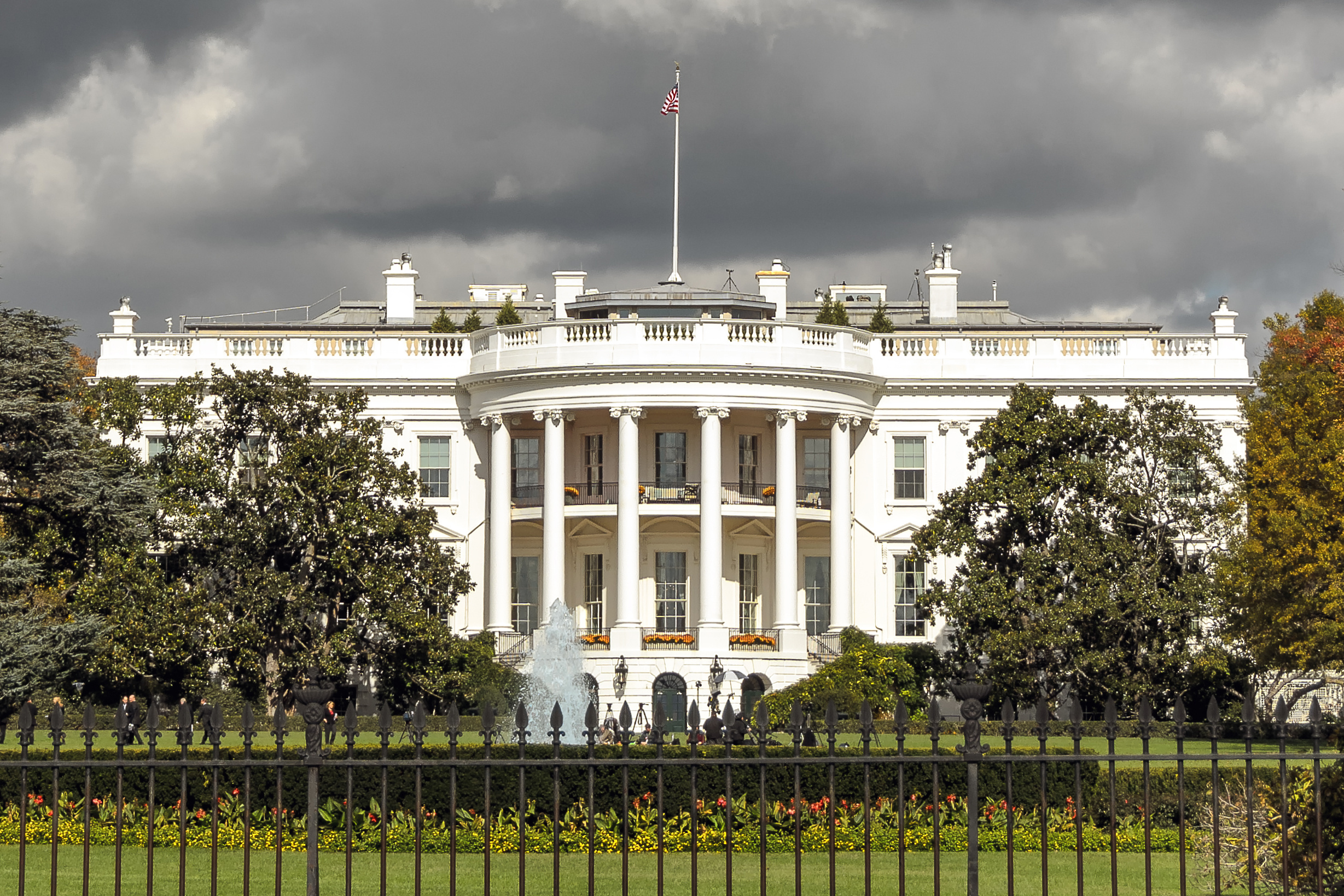Posts tagged Lyft
The Next Wave Commentary: Kim Kavin
March 4, 2025 // In the wave of freelance busting that started with California’s Assembly Bill 5, the method of attack was the reclassification of independent contractors as employees. That method created massive backlash everywhere it was tried, so now, a new method is being tried. That new method is called sectoral organizing. This strategy of freelance busting in multiple states is usually a setup for a nationwide attack against us all. Independent contractors nationwide just learned this the hard way, with California’s Assembly Bill 5 ultimately leading to the introduction of the federal Protecting the Right to Organize Act. The freelance-busting brigade is, once again, doing a test run of its idea in the states, with bigger ambitions on the horizon.
Op-Ed: The Case for Gig Worker Benefits
December 19, 2024 // Independent workers miss out on many fringe benefits associated with regular employment, such as disability insurance, life insurance, or health insurance. They are also ineligible for paid family or medical leave. In 2022, the proportion of self-employed adults lacking health insurance (18 percent) was substantially higher than that among all working-age adults (12 percent). These disparities result to some extent from tax policy. For the best part of a century, businesses have provided health insurance, pensions, and other fringe benefits to employees with pretax dollars—perks that self-employed workers did not enjoy.
A Fresh Look at the Independent Workforce with New BLS Data
November 27, 2024 // New BLS data reveal the size and growth of the independent workforce, preferences for independent work over W-2 employment, and key demographic and industry trends

Commentary: Plan B is Activated
November 19, 2024 // They are now turning to Plan B, which is sectoral organizing. And they notched a big win in the recent election with a ballot proposition in Massachusetts—a win that the mainstream media is heralding as a good thing. In fact, the same pro-union media bias that we saw with reclassification attempts such as Assembly Bill 5 and the PRO Act is simply resetting and restarting anew. Now, it’s being used to promote this other way of trying to limit self-employment.
Mass. election results: Question 3, authorizing Uber and Lyft driver union, passes
November 7, 2024 // The campaign was backed by the Service Employees International Union, one of the nation’s largest labor organizations. The union contributed most of the roughly $6 million raised in support of the measure through mid-October, state records showed.
Massachusetts Ballot Measure Would Shove Rideshare Workers Into the Arms of Unions
October 12, 2024 // Even as independent contractors, however, unions still threaten drivers’ flexibility. Unions might negotiate standardized rates, mandatory breaks, or limits on working hours, which, while beneficial in some industries, could restrict a driver’s ability to capitalize on peak demand periods or adjust their work hours to fit personal schedule. The risk of such changes only magnifies when one considers that the Ballot Measure only requires a 25% vote from drivers to form a union that would represent them as a whole. This means that the 30% of drivers working full-time, who would benefit most from being treated like employees, might be able to dictate policy for all rideshare drivers.

Interview: Independent Contractors and Union Reforms, How @VinnieVernuccio Champions Worker Choice
September 12, 2024 // Unions are stuck in this turn of the last century industrial revolution, a one-size-fits-all adversarial business model that most workers today don't want. I do see a place for unions if they embrace a voluntary business model and become like professional service organizations. Unfortunately, they're not there. If you're under a union contract, you're stuck with the wages, the benefits, the vacations, [and] the hours they negotiate for you. It's actually impossible for the employer to unilaterally say, “you're doing a great job, I'm going to give you a raise,” or “I'm going to give you a bonus,” or, “hey, you want more vacation for a little less money?”

Trump and Harris, with starkly different records on labor issues, are both courting union voters
September 5, 2024 // By comparison, two days after taking office in 2021, Biden issued an executive order that established masking guidelines, and his administration made health and safety protocols on the job during the rest of the COVID-19 pandemic a high priority. Compared with the inaction by the Trump administration during the COVID-19 pandemic, the Biden administration has been more active in proposing health and safety measures. For example, in July 2024 it proposed rules designed to protect some 36 million workers from health risks associated with extreme heat. After a period for written comments, public hearings will be held on the bill. When Trump tried cutting OSHA funding for 2018 by approximately US$10 million, Congress blocked his efforts. The Biden administration is seeking a 3.7% increase in OSHA’s budget for the 2025 fiscal year.
Commentary: California’s Unions Lost Their Long Battle Against Uber and Lyft
August 13, 2024 // The state Supreme Court unanimously ruled that ridesharing drivers can be exempted from California's crackdown on independent contracting.

Commentary: Kamala Harris Is Bad News for Gig Workers
August 8, 2024 // Though framed as an overdue deliverance for besieged workers, AB 5 was a gift to labor bosses who dreamed of organizing California gig workers, especially ride-share drivers, and who lusted after the potential dues they could rake in. It was also one of the most-detested laws passed in California in memory. There was no grassroots movement behind AB 5, no uprising among freelancers. It was a top-down scheme fueled by union agitation and then, like so many other lousy public policies hatched in California, unleashed across the country. AB 5’s impact was immediate — and ugly. Workers’ opportunities were narrowed. Many lost their incomes. Businesses faced higher labor costs, and entrepreneurs felt the chill of the dead hand of activist policy-making. The promise of the gig economy, expected to expand globally by roughly 123 percent over the next five years, turned bleak in California. With their businesses in the balance, Uber, Lyft, and DoorDash generously funded a ballot initiative, Proposition 22, that would classify “drivers for app-based transportation (rideshare) and delivery companies as ‘independent contractors,’ not ‘employees.’” Voters approved it overwhelmingly. App-based drivers favored Prop. 22 — four out of five said they were “happy” that it passed, 76 percent said it “benefits me personally,” and 75 percent recommended that lawmakers pass “similar laws in other states so drivers across the country can benefit.”
